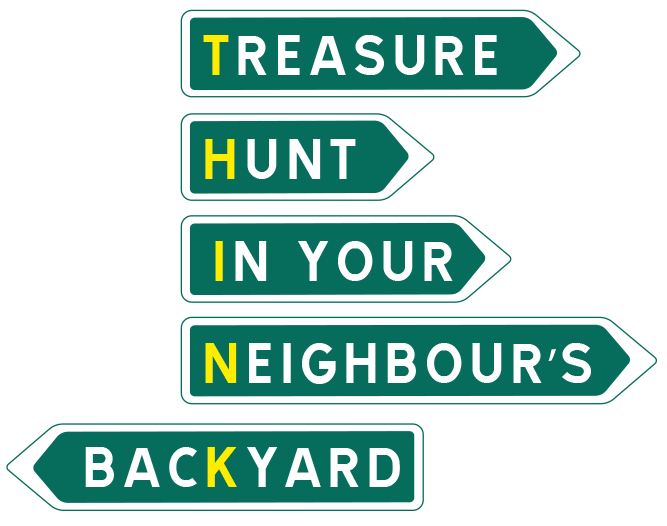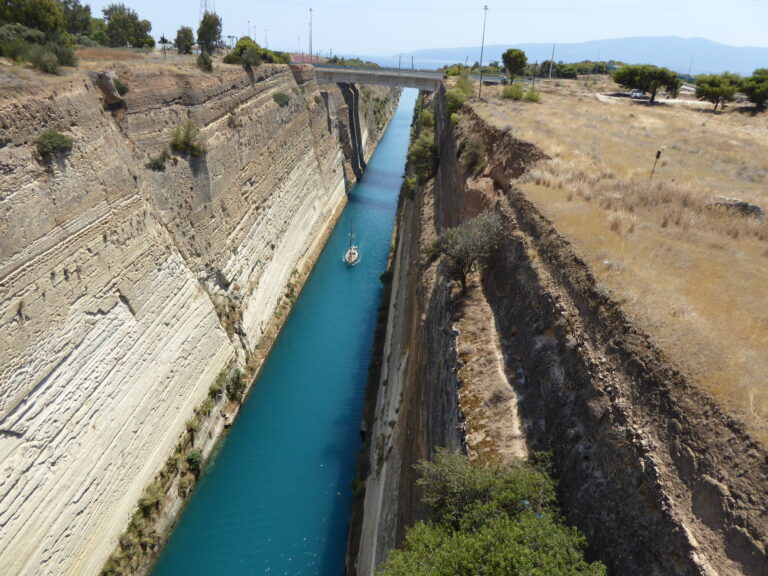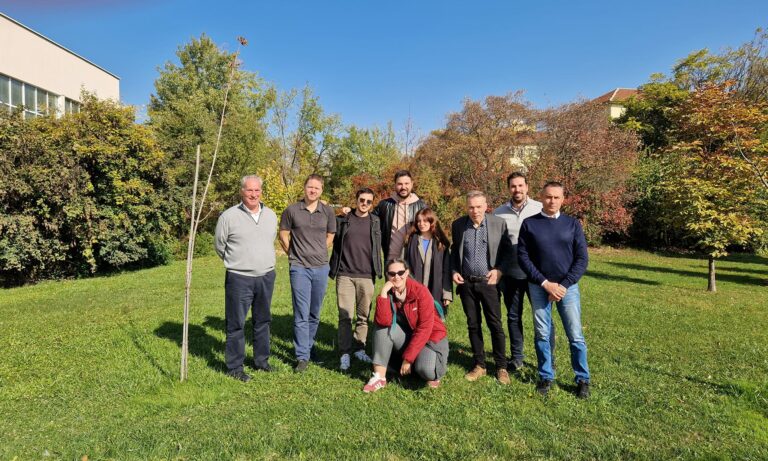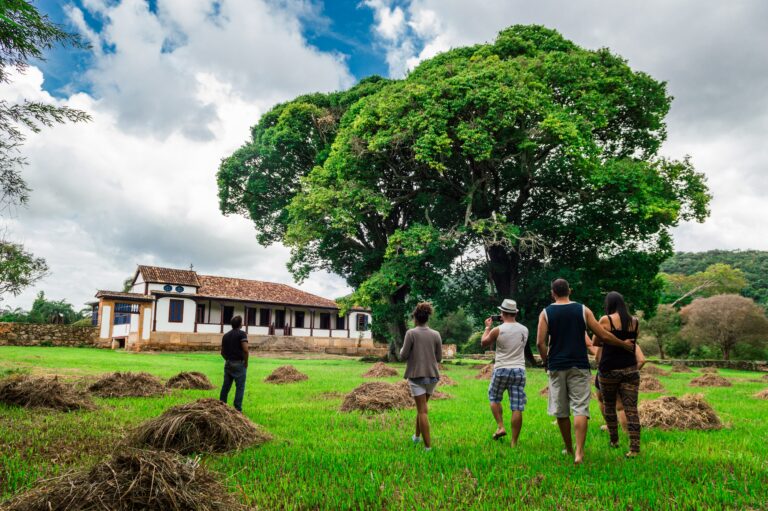Article by University of Forestry Sofia
Slow travel is a mindset and lifestyle that prioritizes quality over quantity. Instead of rushing from one tourist attraction to another, slow travelers take their time to immerse themselves in the local culture, connect with people, and truly experience a destination.
The benefits of slow travel are immense, and travelers are reaping those benefits more and more as they opt to support local businesses and slow travel. By doing so, travelers are taking part in more environmentally-friendly, sustainable experiences that have a positive impact on the world.
If you’re still not convinced, here are a few reasons to give slow travel a try:
- More authentic cultural experiences: One of the main benefits of slow travel is the opportunity to immerse yourself in the local culture. Unlike rushed trips that only allow for superficial interactions, slow travel lets you to truly connect with the people and way of life of your destination. When your travel schedule is less packed with tourist attractions you have more time to learn some of the local language, try the local cuisine, and participate in cultural activities.
- Reduced Burnout: Fast-paced travel can lead to exhaustion. Slow travel gives you time to rest, reflect, and recharge. You return home feeling rejuvenated rather than drained. Slow travel allows you to set a more relaxed pace, reducing stress and anxiety. You can take the time to be spontaneous, relax, and appreciate the beauty of each moment. This approach results in a more enjoyable travel experiences.
- Cost-Effective: Slow travel can be more budget-friendly. Staying longer in one place often allows you to negotiate better rates for accommodations, transportation, and meals. By spending more time in each destination, you can often find more affordable accommodation options, such farmhouses, or even volunteer in exchange for a free stay. Additionally, you can take advantage of local markets and shops for groceries, reducing dining expenses by cooking your meals. Furthermore, slow travel often involves fewer transportation costs since you’re not constantly moving between cities or countries.
- Environmental Impact: Slow travel often involves choosing more sustainable transportation options, such as trains or buses. By minimizing flights and opting for trains or buses, slow travel reduces your carbon footprint. Additionally, supporting local businesses contributes positively to the community. If you’re worried about traveling sustainably, slow travel is a great way to go.
- Going beyond your comfort zone: one of the most transformative aspects of slow travel is its ability to push you out of your comfort zone with enough time to allow for a less stressful adaptation. Staying in a place for an extended period makes it easier for you to adapt to new environments, cultures, and customs. You might find yourself communicating in a foreign language, navigating unfamiliar public transportation systems, or trying activities you’ve never considered before. These challenges can lead to personal growth and increased self-confidence.
- Surprises and Serendipity: When you’re not rushing, you notice the small details – the unexpected conversations, the hidden courtyards, the “treasures in your neighbour’s backyard”; the local festivals. These delightful surprises become cherished memories.
- Deeper Connections: Slow travel fosters connections with locals and fellow travelers. Whether it’s sharing stories over a cup of coffee or joining a cooking class, these interactions enhance your journey. Additionally, if you take this chance and connect with nature it can help you reconnect with yourself.
In summary, slow travel isn’t about how many places you’ve seen; it’s about how deeply you’ve experienced them. So, next time you plan a trip, consider embracing the slow travel movement – it might just transform the way you explore the world!





